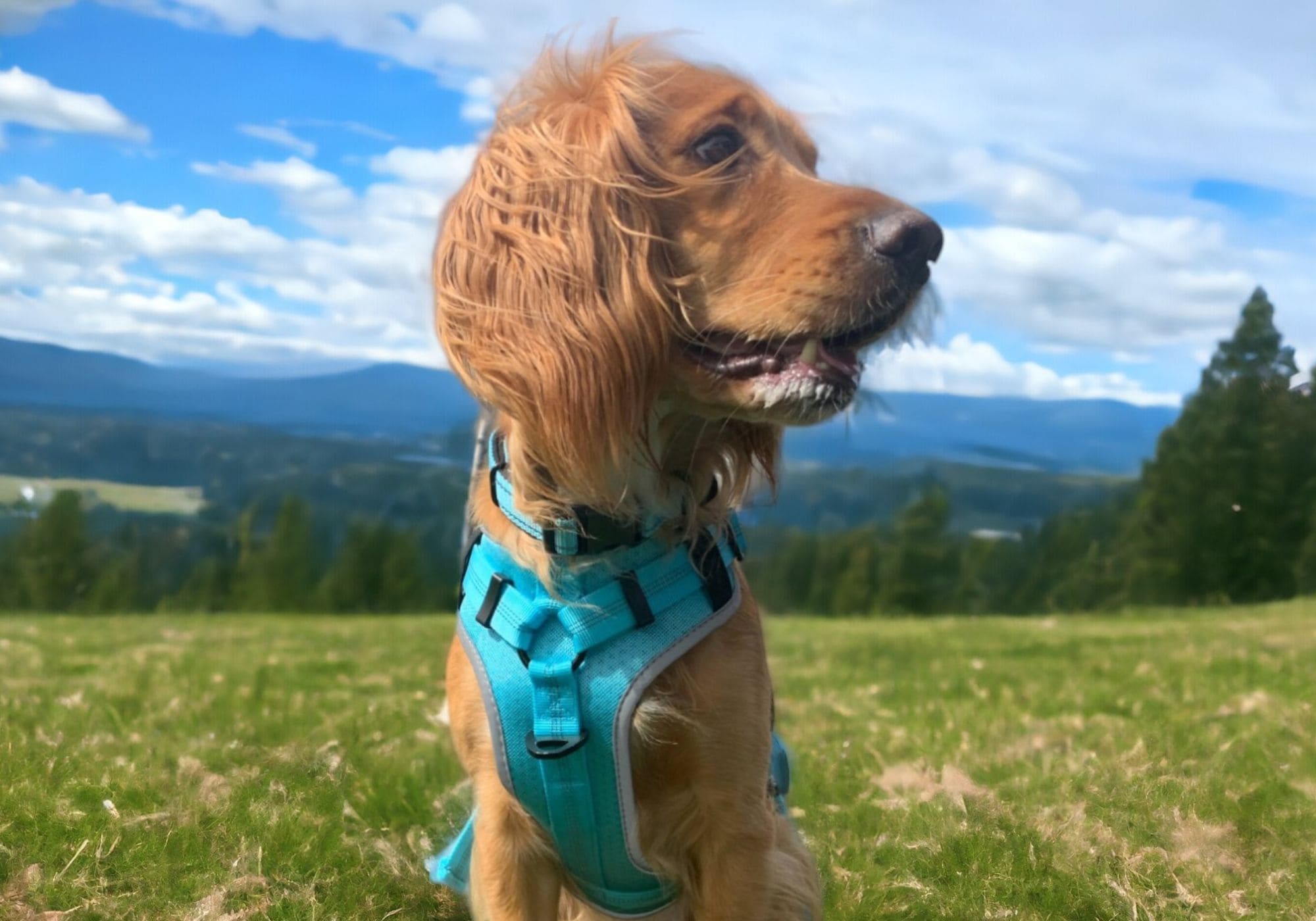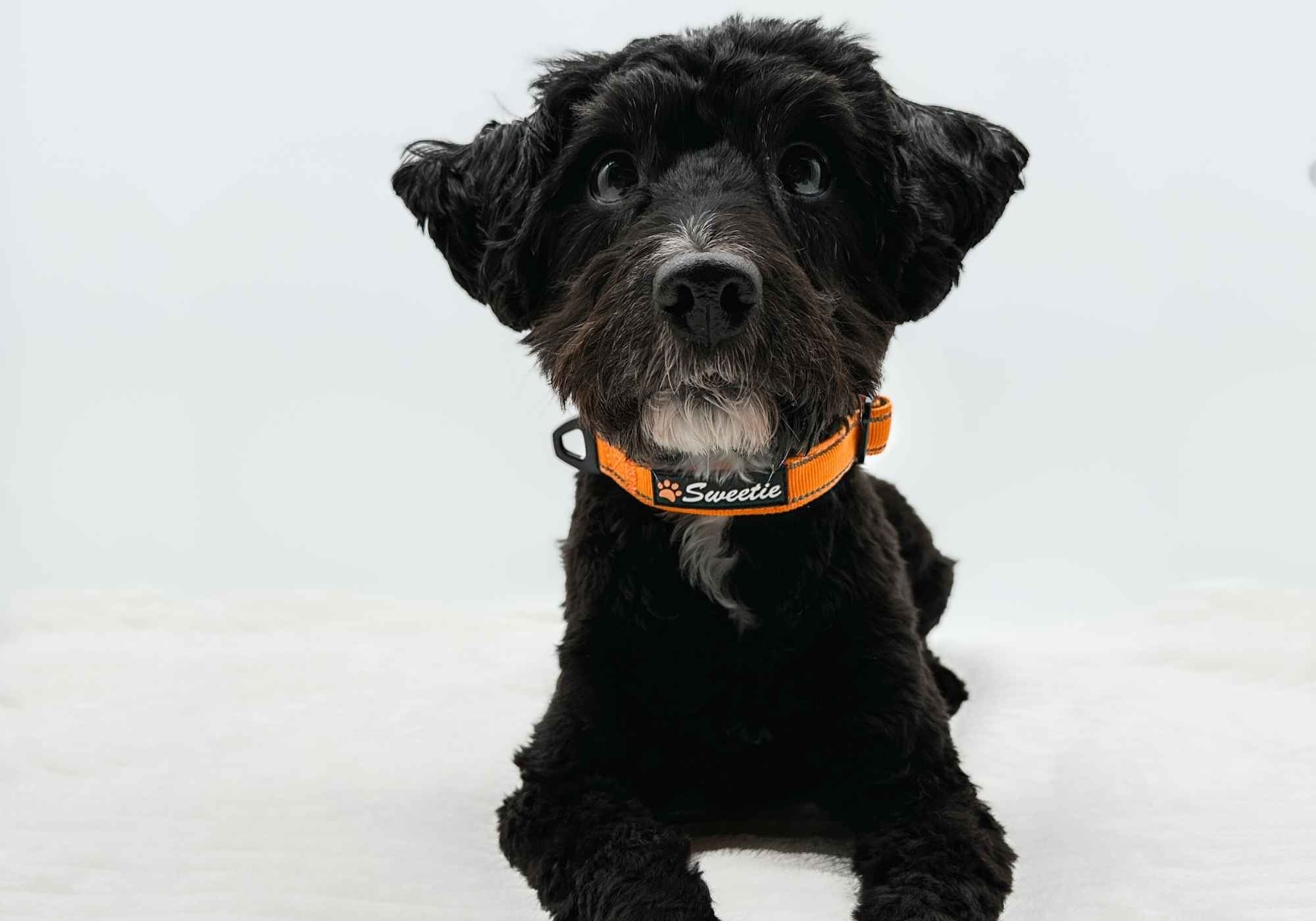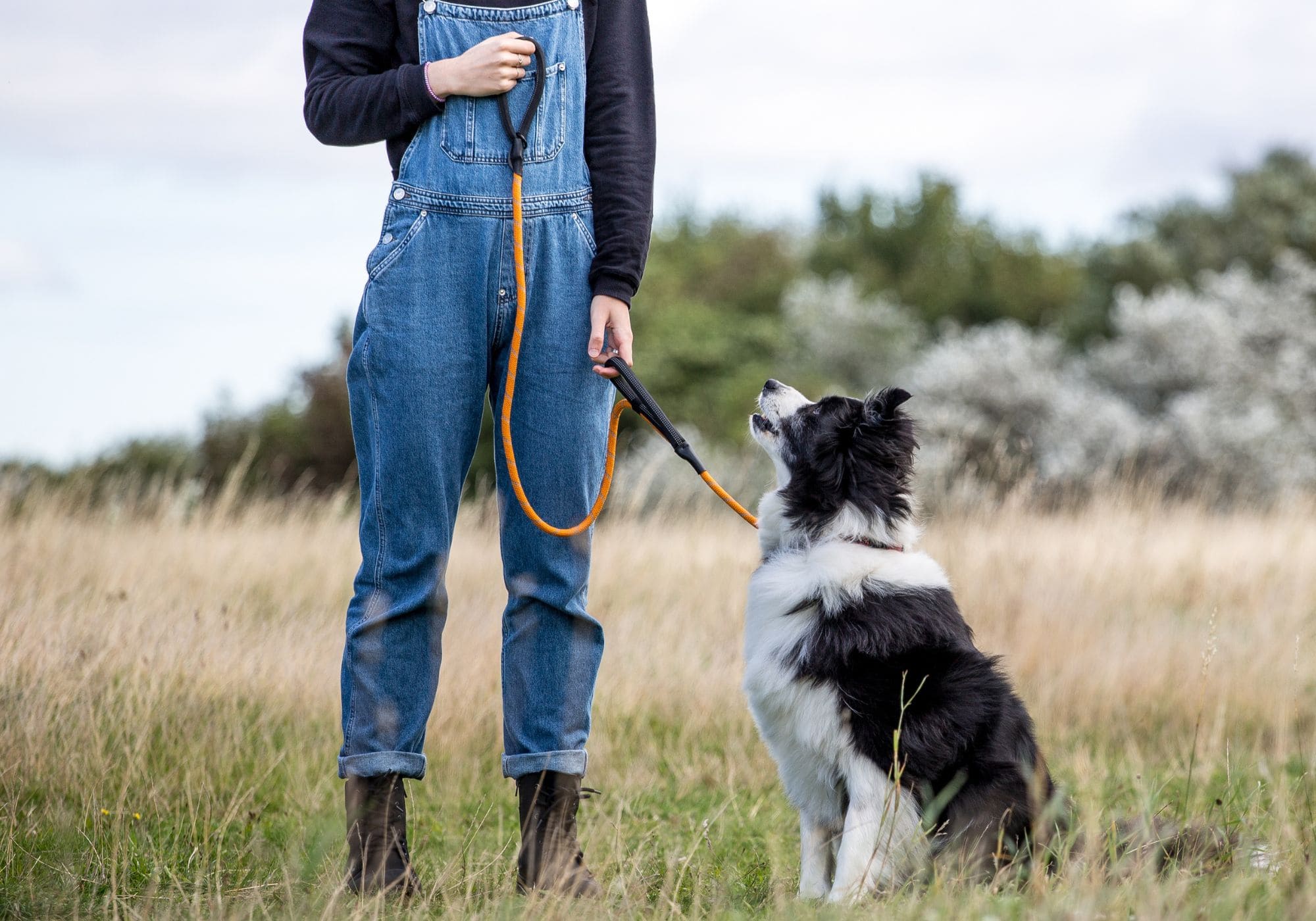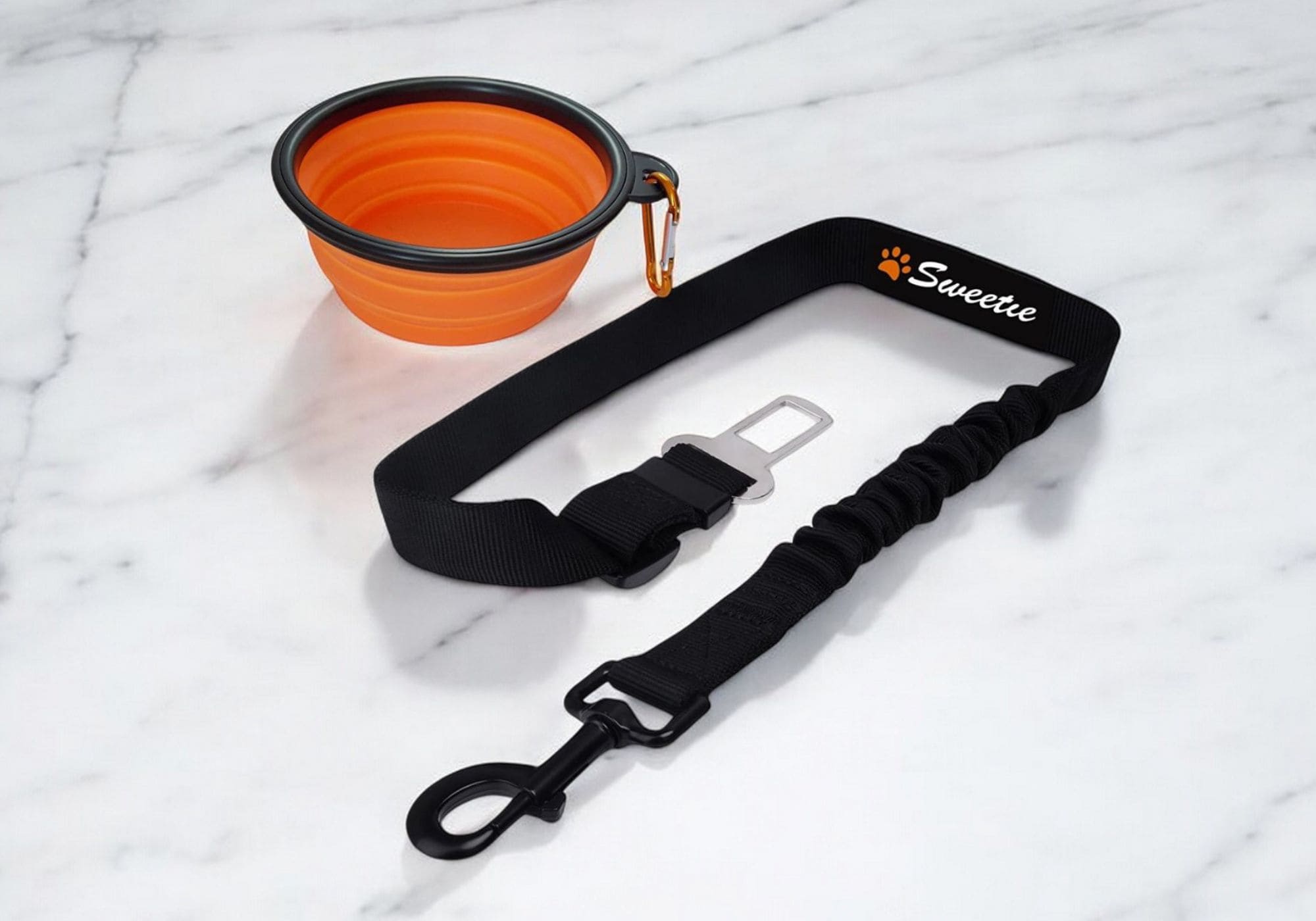Why Do Dogs Have Wet Noses?
After a hard day of work, your dog jumps on you, slightly nuzzling its wet nose against your cheek. While it doesn't bother you, you will need some serviettes after the passionate encounter. A wet nose is a positive and healthy sign, but why do dogs have wet noses in the first place?
Wet noses in dogs can be attributed to mucus (secreted by nasal glands) and saliva (applied by the dog while licking its snout). Wet noses in dogs serve two functions; regulating body temperature and improving its sense of smell.

This article will discuss the importance of wet noses in dogs and whether a dry nose should concern you. But first, how does a dog's nose get wet?
How Do Dog Noses Get Wet?
The moisture on a dog's snout can come from various canine activities and physiological functions. Below are some of the ways that dogs keep their snouts wet.
Dog Noses Secrete Mucus
The canine nose is lined with special glands that secrete mucus. These glands keep the nasal canals moist with a thin layer of mucus. The moisture traps and absorbs scent chemicals. Your dog uses its olfactory organ to analyse different scents.
Dogs Lick Their Noses
I'm sure you have noticed that dogs like to lick their noses. With every lick, the dog coats the snout with saliva. But why do dogs like licking their snouts? The primary justification for this behaviour is to dampen their noses.
A second reason is to clean the nose. Dogs explore their surroundings with their noses. As a result, dirt, dried leaves, food, and other foreign particles tend to adhere to their noses.
As a dog sniffs certain smells, mucus absorbs scent chemicals. With its tongue, the dog will collect these scent chemicals and further analyze them with the olfactory glands on the roof of its mouth. Licking the nose enhances a dog's sense of smell.

Dog Noses Gather Moisture from Their Environment
A dog's nose can get wet from sniffing. Please pay attention to your dog the next time you take it for an early morning walk. As the dog sniffs, its nose collects moisture from dew and puddles. Dogs use their noses to investigate and are not afraid to stick their snouts in dew-covered grass and damp earth blades.

Why Do Dogs Need a Wet Nose?
Wet noses are important to dogs as they boost their sense of smell and regulate their body temperature. Below is an explanation of how wet noses in dogs help them carry out these crucial functions.
Wet Noses Functions Better
Dogs can moisturize their noses by licking them. Weird as it may appear to us, a wet nose works better. A wet nose will capture scent particles, allowing the dog to analyze the strength and source of the smell.
While adjusting to a new family, a dog can find its old home by tracking scents. Stories of dogs running away and reuniting with their old families are common because of the power of the canine sense of smell.
Unlike humans, who are vision-centric, dogs assess their surroundings with their noses. As such, dogs value their sense of smell above all the other senses. A dog's brain will prioritize what the canine can smell over what it can see.
Dogs have about 300 million olfactory receptors in their nasal cavity, compared to only six million in humans. The canine nasal cavity is about 30 times larger than its human equivalent. Due to this olfactory advantage, dogs can smell up to 10,000 times better than humans. This superiority is also complemented by Jacobsen's organ, an olfactory tool that boosts their sense of smell.
It is no wonder that dogs are trained by law enforcement, particularly anti-drug agencies, to detect narcotics.
Wet Noses Are Cooler
Unlike humans, dogs only have sweat glands under their paws. Dogs pant to maximize temperature regulation. Evaporation on sites like the tongue and the nose helps cool the animal.
A vast network of blood vessels and capillaries covers your dog's nose. The heat stored in the blood is used to evaporate the moisture on the surface of the nose. The cool blood is pumped into circulation, and it's replaced with warmer blood.
It's like pouring a few drops of methylated spirit on your bare skin. As the spirit evaporates, you feel cool. Repeated cycles of evaporation can significantly cool a dog's body temperature.
It's vital that fur does not cover the canine nose because of its crucial role in temperature regulation.
What Happens if a Dog's Nose is Dry?
If a wet nose is healthy, should a dry nose raise some concern? No, a dry nose isn't necessarily a cause for alarm. The moisture content and temperature of a dog's nose are unreliable indicators of the animal's overall health status.
Below are common causes of dry noses in dogs:
They Just Woke Up from a Nap
Dogs cannot lick their noses while sleeping. As a result, the nose dries up while they nap. The effect is even greater when a pup naps by the radiator or fireplace.
Dehydration
Mild dehydration can result in a dry nose. Energy-intensive activity can cause dehydration, especially when the dog is outside with no access to clean water. Remember to carry some water to avoid dehydration on your next trip to the park.
Weather
Dry noses can also result from sunburns. In this case, skin flaking and redness accompany the dry nose. You can avoid sunburns by applying dog-appropriate sunscreen on your pup's nose. Sunburns clear up on their own, but you should consult a qualified veterinarian if you notice inflammation on the site.
Cold weather can also cause dry noses. While dogs' wet noses help regulate temperature, dry noses help retain body temperature.
Older Age
As dogs grow older, mucus glands' ability to secrete mucus decreases. As a result, an older dog's nose is drier than a pup of the same breed. Older dogs also tend to nap more. Napping also leads to dryness of the nose, as the dog cannot lick its snout while sleeping.
What Does an Overly Wet Nose Mean?
While a wet nose is normal, overly wet snouts can cause concern. Nasal discharge should be clear. Consult your vet if you notice an overabundance of mucus or discoloured nasal discharge. Greenish or yellowish mucus abnormal. Blood-coloured mucus can indicate infectious diseases from inflammation, ticks, or cancer.

Conclusion
Thanks to moisture on its nose, your dog has a fantastic sense of smell. Mucus traps and absorbs scent chemicals that your dog's olfactory organ will analyze. Dogs use their noses to explore the world around them, and the moisture on their snouts helps with this function.
Your dog's nose should be wet but may dry up during the day. Dog noses dry up while they sleep because they cannot lick their snouts during nap time. Dehydration and cold weather can also lead to dryness of the nose. You must monitor your dog's nose throughout the day and react accordingly.
Consult your veterinarian if your dog's nose is too wet or if you notice a discolouration of the nasal discharge. Otherwise, ensure that your dog has access to clean water and protection from harsh weather.






Leave a comment